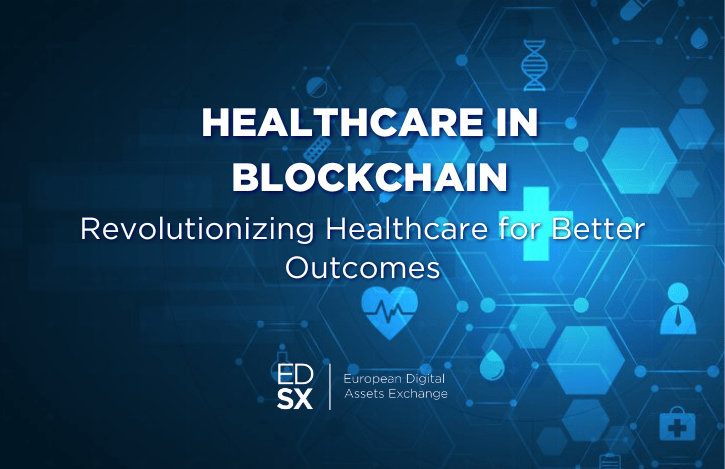Blockchain technology is a distributed system that records and stores transaction records. It has the potential to revolutionize healthcare by creating a secure and interconnected network for health information exchange. In this article, we will explore the use of blockchain in healthcare and some investment opportunities that exist. Let’s dive in!
Understanding Blockchain in Healthcare
At its core, blockchain is a shared, immutable record of peer-to-peer transactions stored in a digital ledger. It allows participants in the network to interact and exchange information without the need for pre-existing trust, thanks to cryptographic techniques. Unlike traditional systems that rely on a central authority, blockchain distributes transaction records across all network participants, ensuring transparency and trustless collaboration. This feature makes blockchain an ideal solution for addressing the challenges of interoperability in the healthcare ecosystem.
The Transformative Promise
Blockchain holds immense promise in healthcare, particularly in terms of nationwide interoperability. Current technologies often fall short in meeting the requirements set forth by the Office of the National Coordinator for Health Information Technology. Blockchain, as a decentralized and transparent system, can address these limitations by providing a secure and immutable information exchange platform. It can overcome the challenges of fragmented systems and high transaction costs. Thus, leading to improved efficiencies and better health outcomes for patients.
Challenges and Considerations for Implementation
Implementing blockchain in healthcare comes with its own set of challenges. From a technical perspective, scalability and performance remain significant obstacles. Current blockchain networks, like Bitcoin and Ethereum, may experience slow transaction speeds together with high energy consumption. This limits their overall suitability for large-scale applications. However, ongoing research and development are focused on creating more efficient and scalable blockchain solutions to address these concerns.
Organizational challenges also play a crucial role in the adoption of blockchain technology. The healthcare industry is complex as well as highly regulated. Multiple stakeholders are involved in patient care and data management. Integrating blockchain-based systems into existing infrastructure requires careful planning and coordination among various healthcare providers, insurers, government agencies, and other entities. Additionally, concerns related to data privacy, interoperability, and compliance with regulatory standards must be thoroughly addressed to gain the trust of all stakeholders involved.
Shaping the Future
The Department of Health and Human Services (HHS) recognizes the transformative potential of blockchain in healthcare and is actively tracking its development. To shape the future of blockchain technology in the healthcare sector, HHS should consider mapping and convening the blockchain ecosystem. By establishing a blockchain framework to coordinate early adopters and supporting consortiums for dialogue and discovery, HHS can facilitate the adoption of blockchain in healthcare and unleash its full potential.
Many Investment Opportunities
As blockchain technology gains traction in healthcare, investors have exciting opportunities to invest in companies and startups that are pioneering blockchain solutions for the industry. Startups like Chronicled, Curisium, Ever, and Patientory are already making significant strides in utilizing blockchain to address various healthcare challenges. By investing in these innovative companies, investors can contribute to the transformation of healthcare. Therefore, potentially reaping a significant reward as the technology matures and gains wider acceptance.
In conclusion, blockchain technology holds immense promise for revolutionizing healthcare by establishing a secure, interconnected network for health information exchange. By leveraging blockchain’s decentralized nature and transparent record-keeping, the industry can overcome the challenges of interoperability and reduce transaction costs, leading to improved efficiencies and better health outcomes for patients. While there are challenges to address and considerations to be made, the future of blockchain in healthcare is bright, and investors have a unique opportunity to be part of this transformative journey. As the overall technology evolves, blockchain in healthcare will drive innovation and bring breakthroughs on an unprecedented scale.


